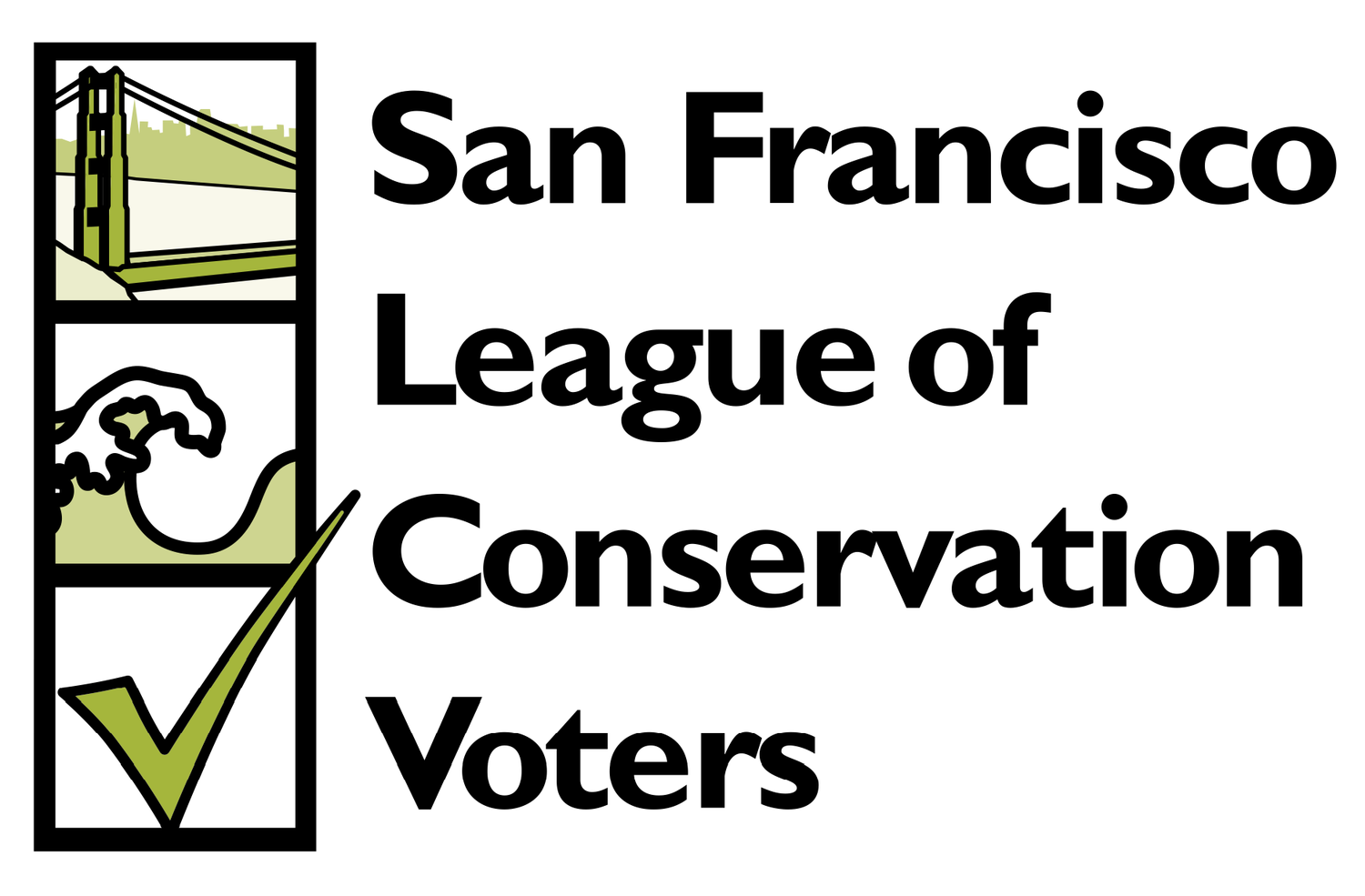SFLCV Endorses Proposition L, the ComMUNIty Transit Act
/Prop L would raise approximately $25 million per year to pay for Muni transit service and fare discount programs. The revenue would come from a new tax on transportation network companies (TNCs) such as Uber, Lyft, and Waymo. The tax would range from 1% to 4.5% of annual gross taxable receipts. The tax would apply only to receipts from fares for transportation within San Francisco.
Muni faces a financial crisis as federal pandemic relief funding ends in the near future. The San Francisco Municipal Transportation Agency (SFMTA), which runs Muni, expects a budget deficit exceeding $220 million for fiscal year 2026-27. Such a deficit would likely trigger Muni service cuts and reduce free fare programs for youth and seniors.
New federal funding for transit agencies’ operational costs is unlikely. A regional ballot measure to raise money for Muni, BART, Caltrain, and other Bay Area transit agencies could appear on the ballot no sooner than 2026, and it would need to be approved by the electorate of Bay Area counties. (When San Francisco’s June 2022 Proposition A failed, SFMTA lost out on significant state and federal matching funds, and its financial situation further deteriorated.)
The persistence of remote working and downtown’s sluggish recovery from the pandemic make it unlikely that revenue from transit fares and parking fees will reach pre-pandemic levels anytime soon. Budgetary pressure on the City’s general fund, which is also a significant source of revenue for Muni, makes that an unlikely source of new funding as well.
By itself, Prop L would not solve Muni’s looming “fiscal cliff,” but it could help to fill funding gaps if Muni gets additional relief from other sources. In addition, if San Francisco shows the legislature that it’s willing to tax itself in support of Muni, that may help strengthen San Francisco’s case for a regional funding measure and for additional state and federal funds.
Imposing the tax on TNC companies makes sense because TNC vehicles significantly affect Muni’s performance. They are a major source of traffic congestion in San Francisco, which slows down buses and trains, making them less reliable and increasing Muni’s operational expenses. Slower and less reliable service means lower ridership, as riders choose TNCs as an alternative, and lower ridership means lower fare revenue. A tax on TNCs is less of a burden on low-income households than some other taxes such as the sales tax and is less of a burden on struggling San Francisco businesses than a more broadly applicable business tax.
One significant challenge for Prop L is that another tax measure on this fall’s ballot, Proposition M, includes a provision that would prevent Prop L from going into effect if Prop M receives more votes than Prop L. If both measures pass and Prop L receives the most votes, both measures will go into effect. If Prop M receives more votes, only Prop M will go into effect. That makes it all the more important to maximize the vote for Prop L.
SFLCV strongly endorses Proposition L and urges your “yes” vote in its favor.


